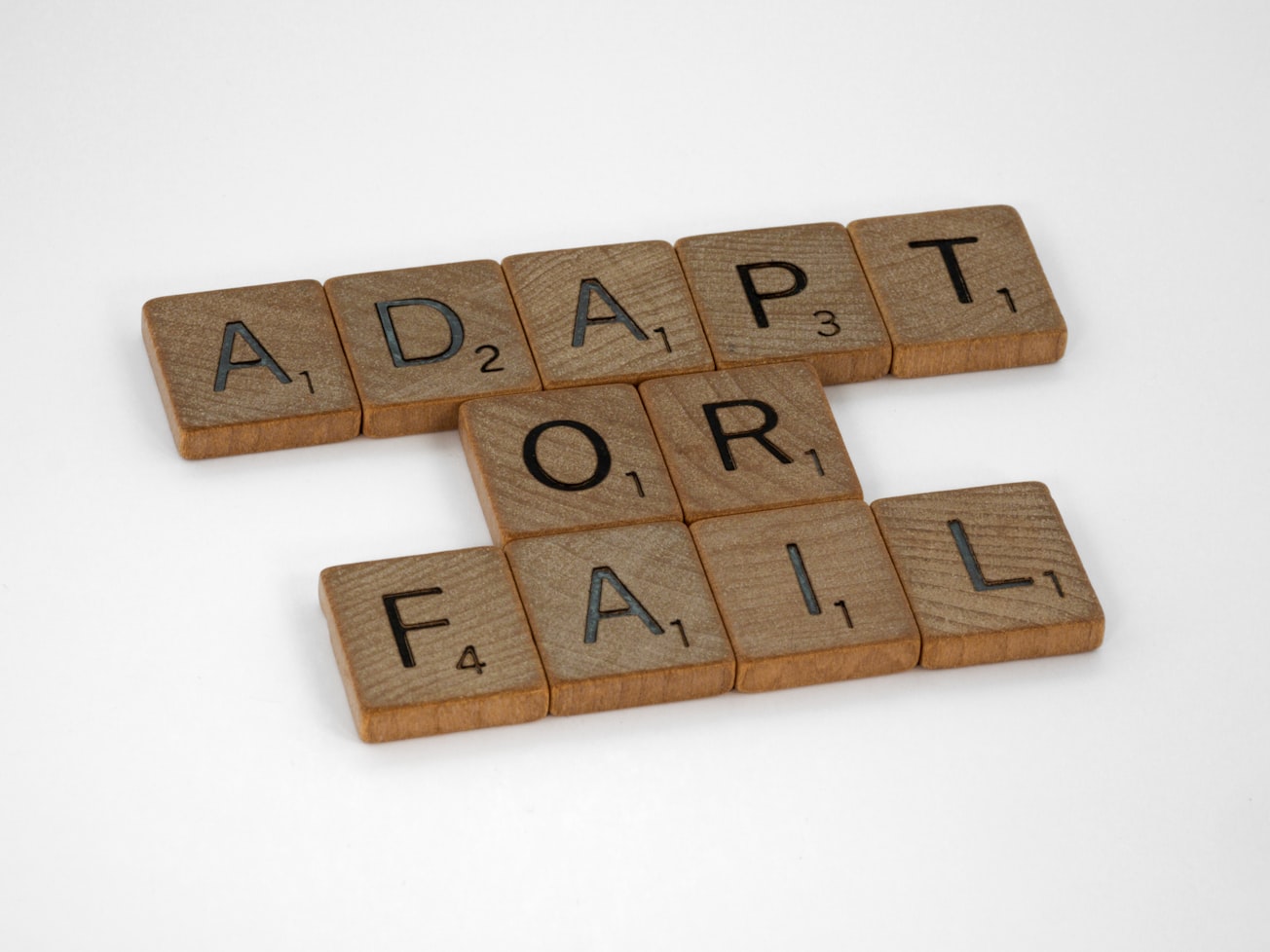What is it about?
Stress is an integral part of our life. Thus, the way individuals cope with stressful events is crucial for their well-being. Dispositional regulatory foci are key antecedents of well-being: Individuals who self-regulate via a promotion focus, direct their thoughts and behaviors toward growth and self-actualization, and strive to realize specific ideals and aspirations through advancement and accomplishment. Those who self-regulate via a prevention focus fulfill duties and obligations while striving for safety and security through vigilant and responsible behaviors. We suggest a model that explains the dual effects of regulatory foci on well-being outcomes (vitality and emotional exhaustion), through coping flexibility (i.e., the capacity of an individual to match coping strategies to the specific demands of stressful situations) and stressor appraisal (i.e., the assessment of a stressful event as a potential threat vs. challenge). Specifically, in 2 studies, we demonstrated that a dispositional promotion focus increases coping flexibility, leading to the appraisal of stressful events as opportunities or challenges, which in turn, increases feelings of vitality. In contrast, a dispositional prevention focus leads directly to the appraisal of stressful events as threatening, that in turn increases emotional exhaustion.
Featured Image

Photo by Brett Jordan on Unsplash
Why is it important?
Understanding the mechanism through which individual’s dispositional regulatory foci are associated with individual well-being is an important step in effective stress management. In order to better cope with stressful events, for example, through stress intervention programs, individuals can develop and improve coping flexibility, and/or prime promotion regulatory inclinations using triggers that emphasize potential gains, development, and growth.
Read the Original
This page is a summary of: Regulatory foci and well-being: Coping flexibility and stressor appraisal as explanatory mechanisms., International Journal of Stress Management, May 2021, American Psychological Association (APA),
DOI: 10.1037/str0000219.
You can read the full text:
Contributors
The following have contributed to this page










